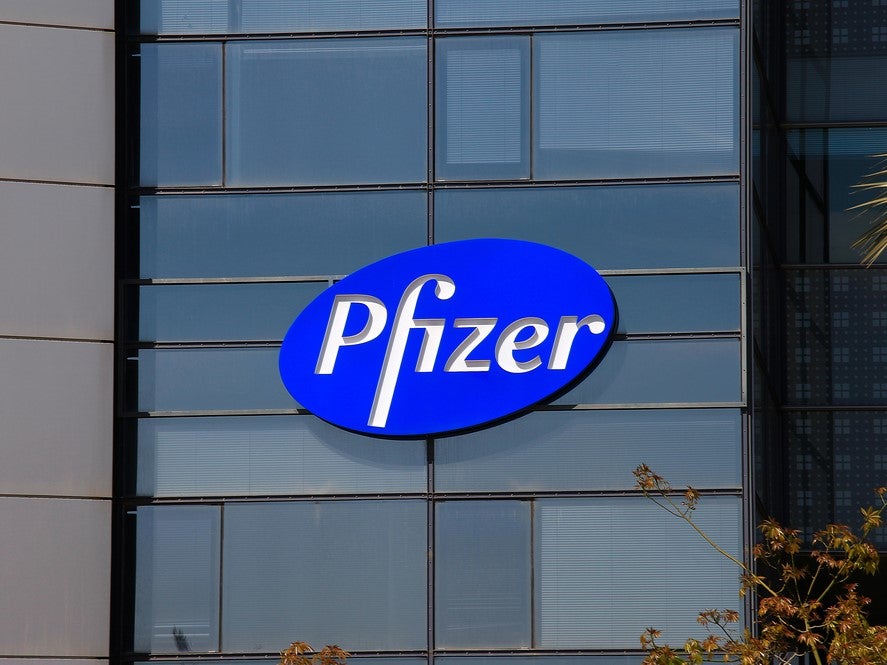
Pfizer has announced promising results from its Phase III JADE MONO-1 study of janus kinase 1 (JAK1) inhibitor abrocitinib in atopic dermatitis.
In the study, abrocitinib met all of its co-primary and secondary endpoints, related to skin clearance and itch relief.

Discover B2B Marketing That Performs
Combine business intelligence and editorial excellence to reach engaged professionals across 36 leading media platforms.
The co-primary endpoints were the proportion of patients who achieved a score of zero for clear or one for almost clear according to the Investigator Global Assessment (IGA) of skin clarity – as well as two-point or greater improvement from their IGA baseline score – and a 75% or greater change from baseline in the Eczema Area and Severity Index (EASI-75).
By week 12, 43.8% of the 200mg dose group of abrocitinib and 23.7% of the 100mg dose group achieved the IGA response rate, compared to 7.9% of the placebo group. In addition, by the same point, 62.7% of the 200mg group and 39.7% of the 100mg group had achieved EASI-75%, compared to 11.8% of the control group.
Secondary endpoints in JADE MONO-1 were at least a four-point reduction in itch severity, as measured by the pruritus numerical rating scale (NRS) and a 90% or greater change in EASI score (EASI-90).
At week 12, 57.2% of the 200mg dose group, 37.7% of the 100mg group, compared to 15.3% for placebo, achieved a more than four-point improvement in NRS. While EASI-90 results at week 12 were 38.6% for 200mg dose of abrocitinib, 18.6% for 100mg and 5.3% for placebo.

US Tariffs are shifting - will you react or anticipate?
Don’t let policy changes catch you off guard. Stay proactive with real-time data and expert analysis.
By GlobalDataThe study’s safety data for abrocitinib was consistent with the companion JADE MONO-2, which is also part of the JAK1 Atopic Dermatitis Efficacy and Safety (JADE) development programme.
Pfizer chief development officer of inflammation and immunology Michael Corbo said: “There is a critical need for additional treatment options for patients living with moderate to severe atopic dermatitis.
“We are pleased by these findings, which together with the recently reported positive top-line results from our second Phase III trial, encourage us that, if approved, abrocitinib may provide the first oral, once-daily treatment option for these patients.”
These results were presented at the recent European Academy of Dermatology and Venerology congress in Madrid, Spain.




